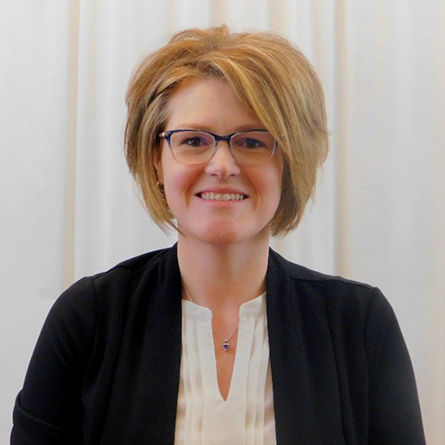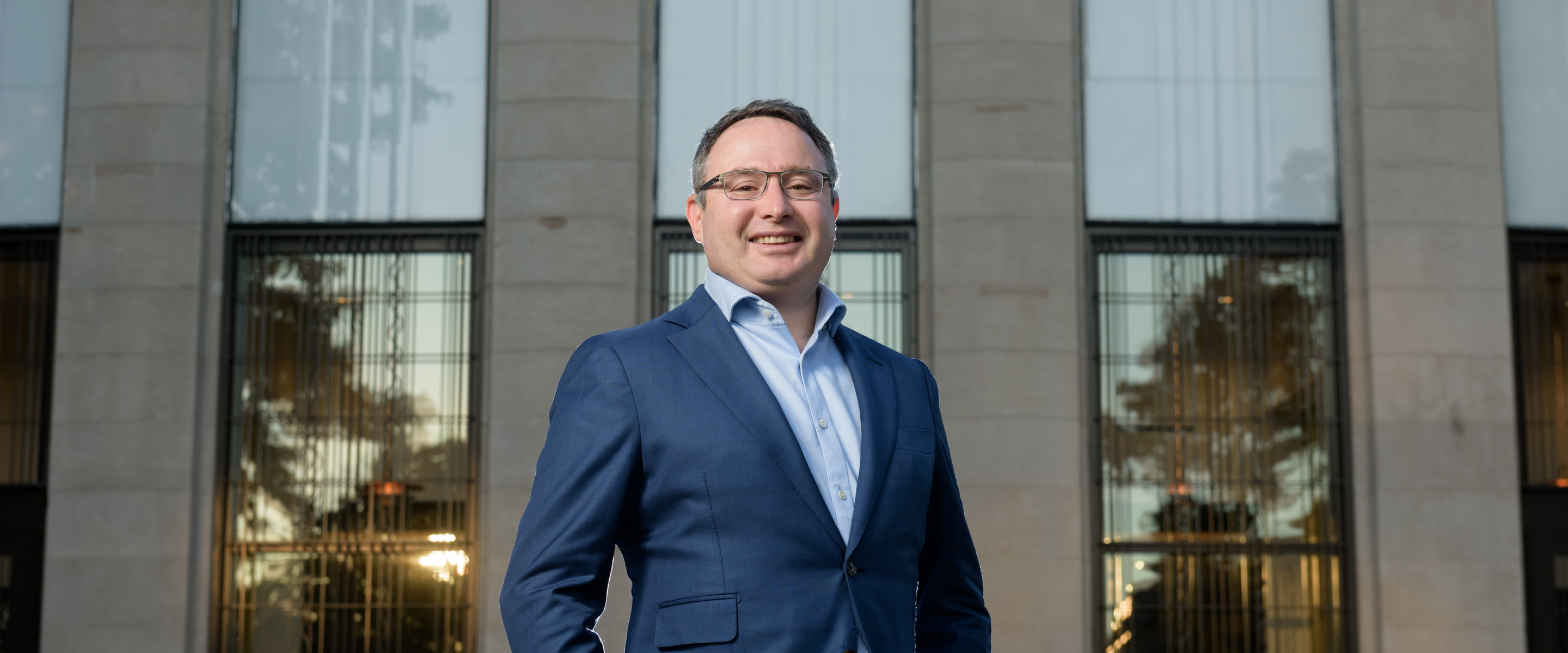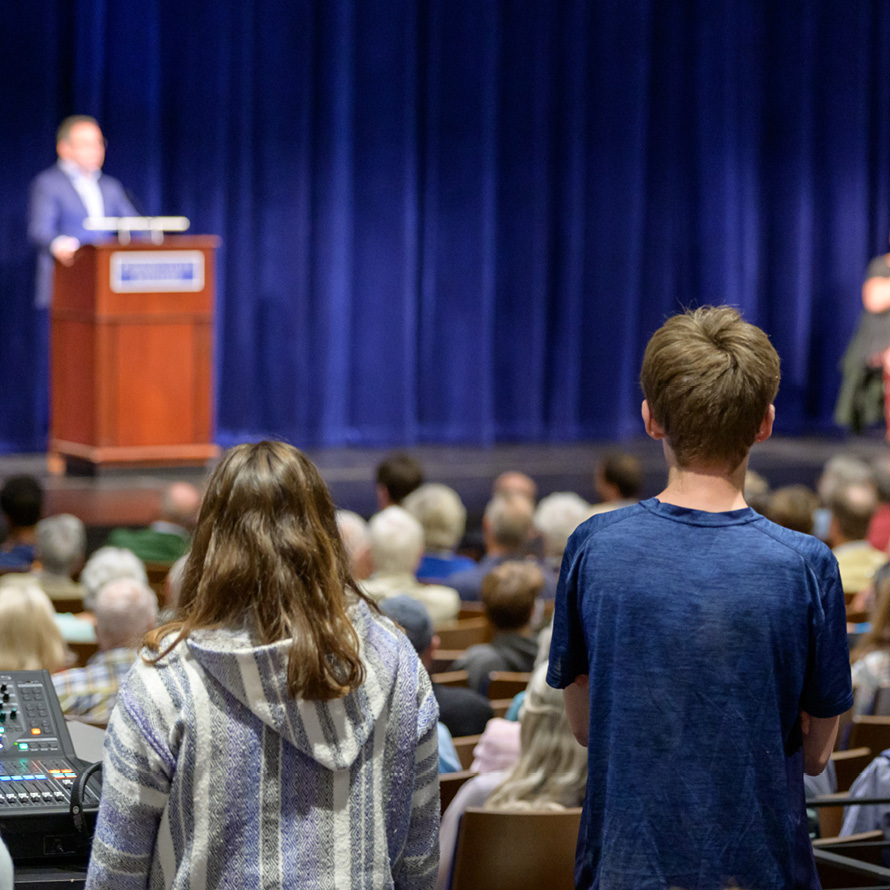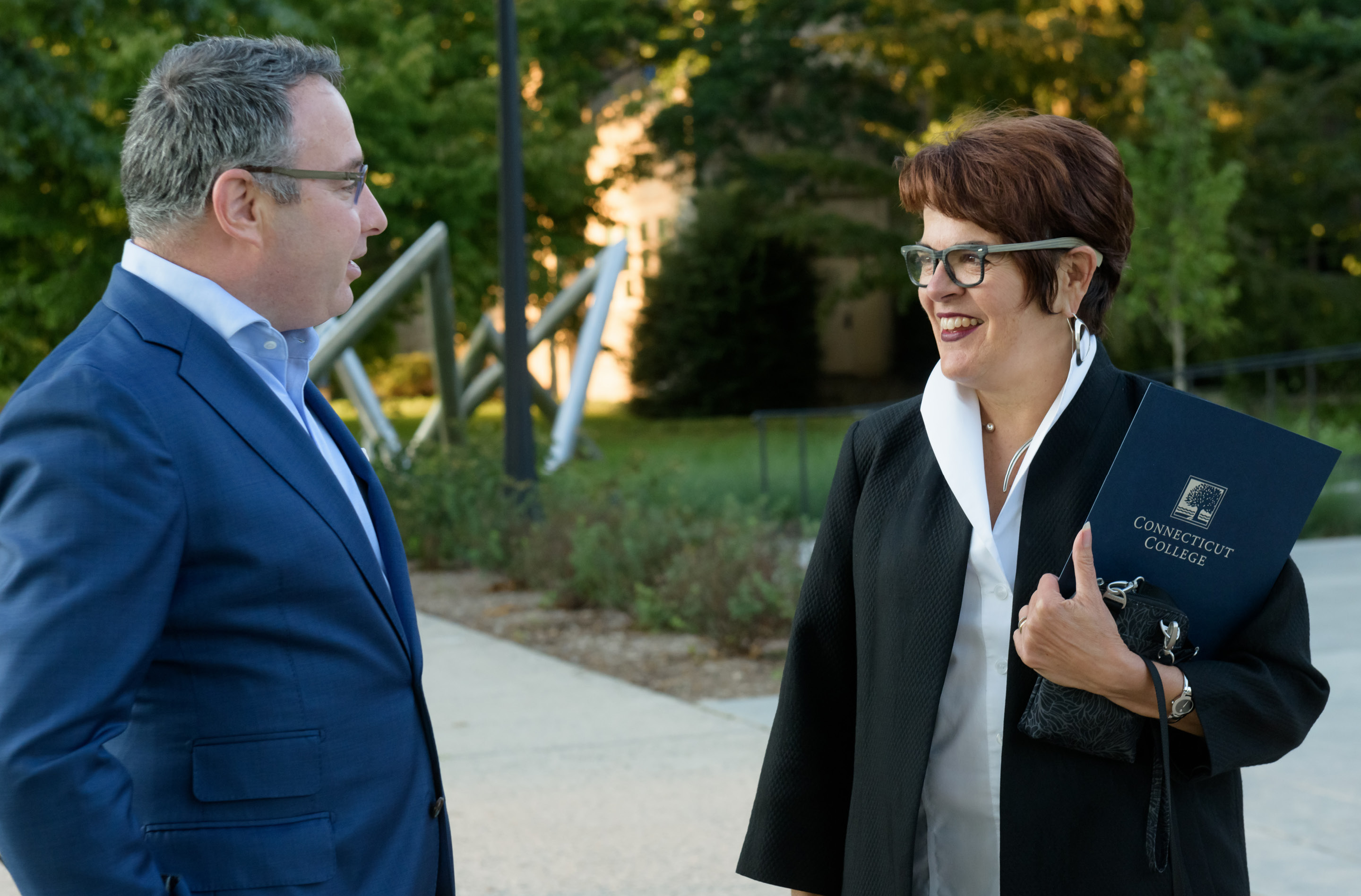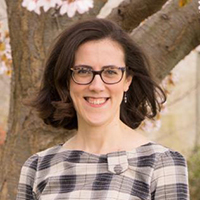Vindman spoke candidly and off the cuff for more than an hour and answered questions from the audience, including from one member who called him a “brave man who perhaps saved democracy in two countries.”
Vindman said his interest in the Russia-Ukraine region stemmed from his family history—he moved to the United States from Ukraine with his father and brothers when he was 3. He detailed his extensive background, including a 21-year military career in which he was awarded a Purple Heart after being wounded in Iraq, served as foreign officer in U.S. embassies in Ukraine and Russia, and then advised the U.S. Joint Chiefs of Staff as a political and military affairs officer before accepting a position in the White House in 2018 as the National Security Council’s Director for European Affairs.
“I understood the administration I was coming into. I also thought, maybe with a little bit of hubris, that I was in the best position to counsel the Trump administration on what would be good policy,” he said. “I knew I would probably have to do things that I wouldn’t agree with but I would do because the president is the commander in chief, and as long as they were lawful, that’s what I was signing up for. But I also knew how perilous that environment was, and I was not going to do anything unlawful or illegal or something that went against my ethical compass.”
Vindman said he knew Trump’s attempt to extort Zelensky was inevitably going to be made public—“There are no secrets in Washington,” he said—and that he was shocked by how close Trump was to actually forcing Zelensky to announce an investigation into the Biden family.
“I recognized the danger to the United States and that’s what I was acting on,” he said. “This corrupt scheme would inevitably entice Putin … to ‘deal with’ a Ukraine that was instrumental in the collapse of the Soviet Union” and one that Putin believes has no right to exist.
Vindman, who retired from military service in 2020, said Putin was emboldened by a failure of the West to deter him in his smaller campaigns, including Russia’s 2014 invasion of Ukraine and the country’s interference in the 2016 U.S. elections, and that he saw “clear signals” that suggested opportunity. But launching a full-scale invasion of Ukraine was “probably the most critical mistake Putin has made during his tenure,” Vindman said.
Ukraine was always going to be a formidable opponent, he said, citing the size of the country and the “indomitable spirit” of a people looking for their place in a democratic society. But the West also recognized that a Russian victory in Ukraine would embolden other authoritarian regimes, including in China and Iran.
“The West, led by the U.S., was able to rally the democratic world around the principles of democracy and around the notion that sovereign, independent states have the right to determine their own futures and establish their own foreign policy. It’s a rebuke to the authoritarian aspirations for an authoritarian 21st century.”
Vindman, now a senior adviser for VoteVets and a doctoral student and Foreign Policy Institute fellow at the Johns Hopkins School of Advanced International Studies, said the United States has played a critical role in the conflict. But he was careful to emphasize that the effort hasn’t been without mistakes and that he advocated for weaponry and sanctions much earlier in the conflict, which may have helped avoid a prolonged war.
He said his recent trip to Ukraine left him more convinced than ever that Ukrainians will liberate more of their territory from a Russian military that has suffered major losses of troops and equipment. But he cautioned that the war is likely to go on for many more months, and that Putin may become more erratic as he struggles to preserve his regime.
“Putin’s aspirations are for a re-conquested Ukraine. It’s just that simple. So, the only way this really ends is through decisive defeats of Russia by the Ukrainians,” he said.
Read more about Vindman’s talk in The Day.
